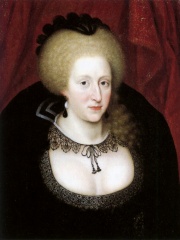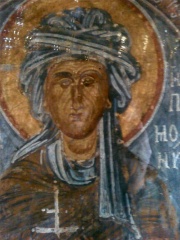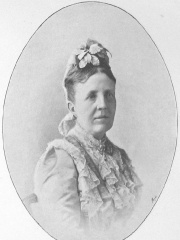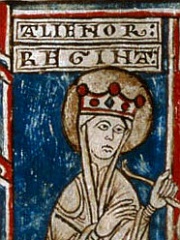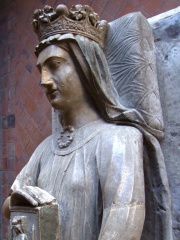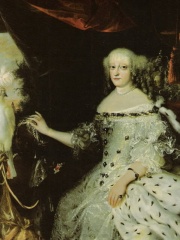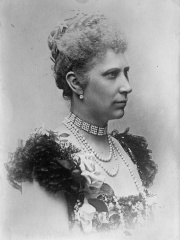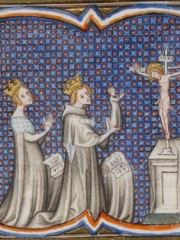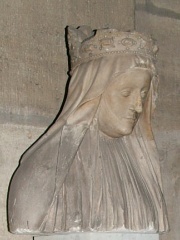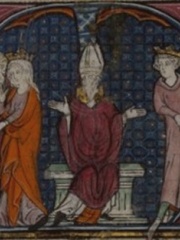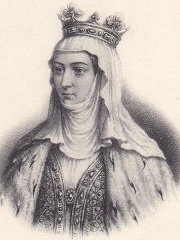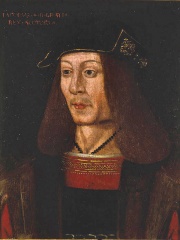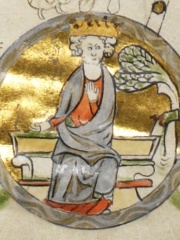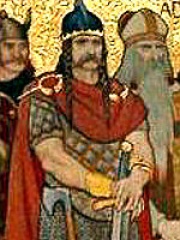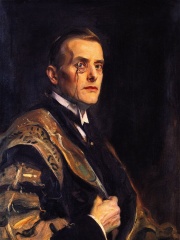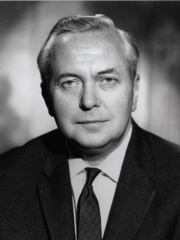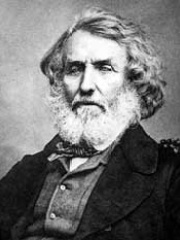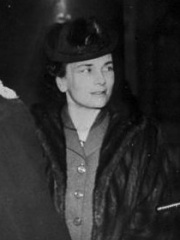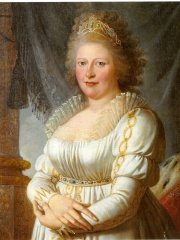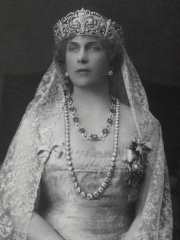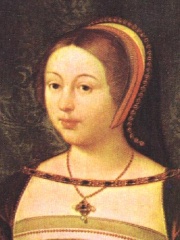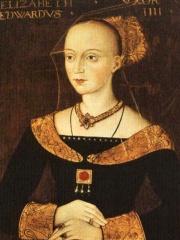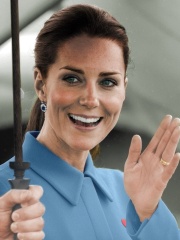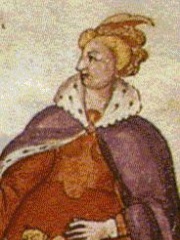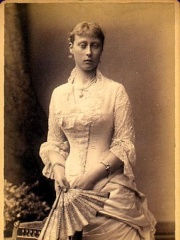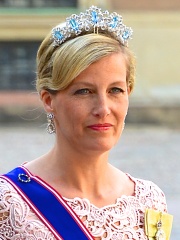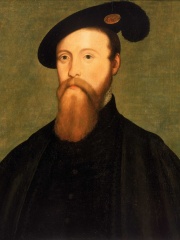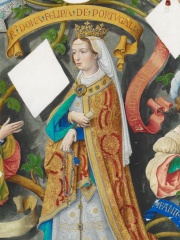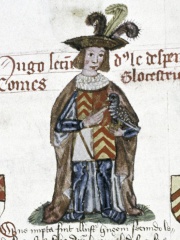Companion
Mordred
EN.WIKIPEDIA PAGE VIEWS (PV)
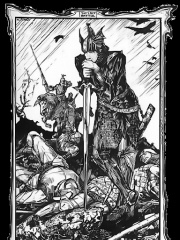
 Mordred
Mordred
His biography is available in 38 different languages on Wikipedia (up from 37 in 2024). Mordred is the 161st most popular companion (down from 126th in 2024), the 557th most popular biography from United Kingdom (down from 380th in 2019) and the 21st most popular British Companion.
Mordred is most famous for being the illegitimate son of King Arthur and the half-sister Morgan le Fay. He is also famous for being the person who killed King Arthur.
Memorability Metrics
Page views of Mordred by language
Among Companions
Among companions, Mordred ranks 161 out of 784. Before him are Anne of Denmark, Helena Dragaš, Sophia of Nassau, Eleanor of England, Queen of Castile, Berengaria of Navarre, and Sophie Amalie of Brunswick-Lüneburg. After him are Queen Rania of Jordan, Louise of Sweden, Adela of Champagne, Marie of Anjou, Agnes of Courtenay, and Margaret of Burgundy, Queen of France.
Most Popular Companions in Wikipedia
Go to all RankingsAnne of Denmark
1574 - 1619
HPI: 71.68
Rank: 155
Helena Dragaš
1372 - 1450
HPI: 71.66
Rank: 156
Sophia of Nassau
1836 - 1913
HPI: 71.58
Rank: 157
Eleanor of England, Queen of Castile
1162 - 1214
HPI: 71.58
Rank: 158
Berengaria of Navarre
1165 - 1230
HPI: 71.53
Rank: 159
Sophie Amalie of Brunswick-Lüneburg
1628 - 1685
HPI: 71.53
Rank: 160
Mordred
HPI: 71.49
Rank: 161
Queen Rania of Jordan
1970 - Present
HPI: 71.47
Rank: 162
Louise of Sweden
1851 - 1926
HPI: 71.47
Rank: 163
Adela of Champagne
1140 - 1206
HPI: 71.45
Rank: 164
Marie of Anjou
1404 - 1463
HPI: 71.45
Rank: 165
Agnes of Courtenay
1133 - 1185
HPI: 71.35
Rank: 166
Margaret of Burgundy, Queen of France
1290 - 1315
HPI: 71.34
Rank: 167
In United Kingdom
Among people born in United Kingdom, Mordred ranks 557 out of NaN. Before him are James IV of Scotland (1473), Edmund I (921), Kenneth MacAlpin (810), Austen Chamberlain (1863), Harry Kroto (1939), and Dave Murray (1956). After him are Harold Pinter (1930), Charlie Watts (1941), Harold Wilson (1916), Niels Kaj Jerne (1911), Adrian Smith (1957), and George Everest (1790).
Others born in United Kingdom
Go to all RankingsJames IV of Scotland
POLITICIAN
1473 - 1513
HPI: 71.56
Rank: 551
Edmund I
POLITICIAN
921 - 946
HPI: 71.56
Rank: 552
Kenneth MacAlpin
POLITICIAN
810 - 858
HPI: 71.54
Rank: 553
Austen Chamberlain
POLITICIAN
1863 - 1937
HPI: 71.54
Rank: 554
Harry Kroto
CHEMIST
1939 - 2016
HPI: 71.51
Rank: 555
Dave Murray
MUSICIAN
1956 - Present
HPI: 71.51
Rank: 556
Mordred
COMPANION
HPI: 71.49
Rank: 557
Harold Pinter
WRITER
1930 - 2008
HPI: 71.49
Rank: 558
Charlie Watts
MUSICIAN
1941 - 2021
HPI: 71.44
Rank: 559
Harold Wilson
POLITICIAN
1916 - 1995
HPI: 71.42
Rank: 560
Niels Kaj Jerne
PHYSICIAN
1911 - 1994
HPI: 71.41
Rank: 561
Adrian Smith
MUSICIAN
1957 - Present
HPI: 71.40
Rank: 562
George Everest
GEOGRAPHER
1790 - 1866
HPI: 71.39
Rank: 563
Among Companions In United Kingdom
Among companions born in United Kingdom, Mordred ranks 21. Before him are Princess Alice, Duchess of Gloucester (1901), Charlotte, Princess Royal (1766), Victoria Eugenie of Battenberg (1887), Margaret Tudor (1489), Elizabeth Woodville (1437), and Catherine, Princess of Wales (1982). After him are Joan of the Tower (1321), Princess Victoria of Hesse and by Rhine (1863), Sophie, Countess of Wessex (1965), Thomas Seymour, 1st Baron Seymour of Sudeley (1508), Philippa of Lancaster (1360), and Hugh Despenser the younger (1287).
Princess Alice, Duchess of Gloucester
1901 - 2004
HPI: 75.17
Rank: 15
Charlotte, Princess Royal
1766 - 1828
HPI: 75.10
Rank: 16
Victoria Eugenie of Battenberg
1887 - 1969
HPI: 74.88
Rank: 17
Margaret Tudor
1489 - 1541
HPI: 73.33
Rank: 18
Elizabeth Woodville
1437 - 1492
HPI: 72.84
Rank: 19
Catherine, Princess of Wales
1982 - Present
HPI: 72.82
Rank: 20
Mordred
HPI: 71.49
Rank: 21
Joan of the Tower
1321 - 1362
HPI: 71.18
Rank: 22
Princess Victoria of Hesse and by Rhine
1863 - 1950
HPI: 70.93
Rank: 23
Sophie, Countess of Wessex
1965 - Present
HPI: 70.91
Rank: 24
Thomas Seymour, 1st Baron Seymour of Sudeley
1508 - 1549
HPI: 69.92
Rank: 25
Philippa of Lancaster
1360 - 1415
HPI: 69.92
Rank: 26
Hugh Despenser the younger
1287 - 1326
HPI: 69.71
Rank: 27
